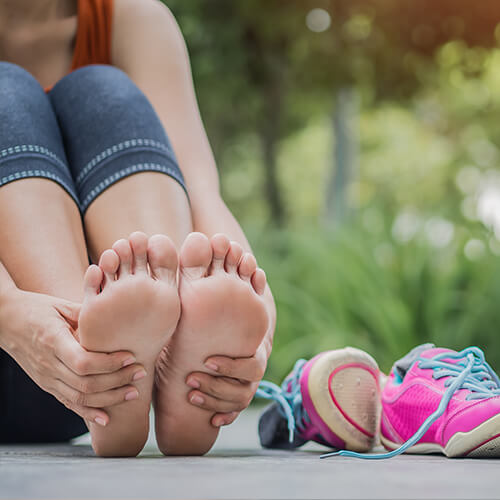Welcome! Active Alignment has merged with Ortho-Kinetics to expand our service area. While Brad Gibbs remains on as a Pedorthic Consultant, Jen Gulas C. Ped (C) and Patrick Purves C. Ped (C) will be providing pedorthic care in the Cambridge and Oakville locations in addition to the existing Active Alignment locations in Waterloo, New Hamburg, and Stratford. Ortho-Kinetics patients, please click here to learn more.

